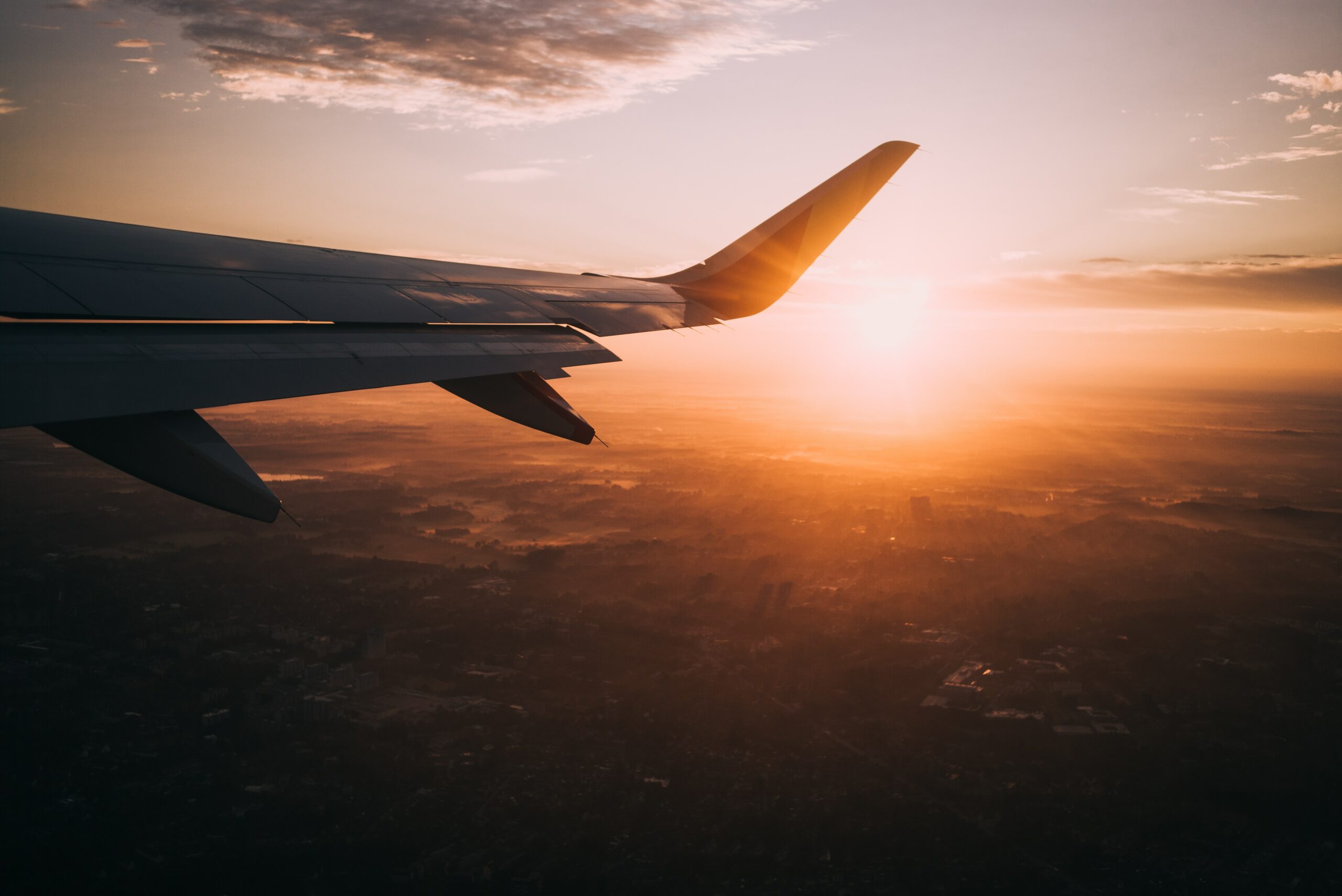Almost seven months into the pandemic, many are looking for ways to travel and escape the homes they have had to quarantine in for weeks at a time. With that, though, comes ever-changing rules, regulations and policies, as airports close, reroute and rethink how the sector should look amidst the current world.
In many high-traffic hubs, testing or certificates have been adopted to help air transportation recover and return in higher levels, and over 60 percent of travelers who responded to a recent poll said they favored COVID tests being required before boarding an airplane.
With all that said, though, are immunity passports, which show someone has successfully recovered from the virus, as well as widespread testing, really what is needed for air travel to thrive once again?
Check out the components that go into that decision below.
Testing
As of right now, the two main types of checking for the virus include nasal swab and polymerase chain reaction (PCR) tests. Testing can only capture a moment in time, however, which has proven to be difficult in countries such as Iceland. While testing was previously implemented at airports, many came into the country with the virus causing leadership (and those in other countries) to revaluate the best way to assess how people can go from place to place. In the end, a quarantine was reinstated. Someone may test negative, but then become infected in the time they are waiting for their last test result. Long story short, it is complicated.
How Testing has Gone
Emirates was the first of the major airlines to lead the charge, telling passengers it would pay for COVID testing. Hong Kong International was the first airport to try to test passengers, but the process proved to be cumbersome. Vienna Airport has also attempted to have a system, but the area where people wait, which depends on which country they are coming from, has confused some. Nevertheless, despite these rocky starts, JFK and Heathrow are implementing testing.
Due to the pent-up demand folks have to get moving, and the sense of confusion over rules and regulations, those at the top of the travel industry want to put 14-day quarantine requirements and travel bans to the wayside, and instead offer streamlined, worldwide travel policies. This, they believe, will strengthen the global economy in the long run. Pre-travel testing is already an option for those living in many countries worldwide, but there is still a debate over who should pay for testing: travelers themselves, airlines or healthcare providers, which may or may not be covered under insurance or benefits.
What is the Deal with Immunity Passports?
The United States, the United Kingdom, China, Germany and Italy are into the idea of an immunity passport, which would certify that travelers have antibodies or immunity to Covid-19. But, as of right now, the length of immunity is unknown. There have been cases of people getting reinfected in parts of the world, so there are many unknowns.
Those who work in public health are wary of this idea, questioning the passport’s effectiveness and saying that it could encourage people to not take everyday precautions, such as social distancing, wearing masks and diligently washing hands. But, if a passport were to work, it would make travel faster. One developer is already working on one that would allow officials to see a secure digital card with information including immunity, test results, and if a person was, in fact, tested before traveling. Those who work in passport control could then allow or deny travelers entry or to go any further.
The End Goal
For many at the top, the end goal is to standardize test administration in general, and to use that to help the travel industry. Delayed tests, multiple ways to administer them and different policies worldwide have lead to many concerned and confused would-be travelers. People want to be ready to travel in a streamlined way, without so many requirements, but any decisions must not be done in haste, due to the nature of the virus. As the pandemic takes its toll, airlines, industry experts, public health officials and the general public are waiting to see how the remaining months of 2020 will shake out for jet setters. Will people fly during the holidays, or stay put? Only time will tell. Stay tuned for any updates, and stay safe and healthy.






